BHG - In recent years, the work of protecting the rural environment in the province has had strong and synchronous changes, contributing significantly to the construction of new rural areas in a sustainable, bright - green - clean - beautiful direction.
According to statistics, up to now, over 85% of the total amount of domestic waste in rural areas in the province has been collected periodically. There are 130/193 communes with organizations and individuals collecting and transporting domestic waste, of which 82 communes collect daily or every other day. Nearly 1,000 village and hamlet environmental sanitation teams have been established and maintained effective operations. Each month, the whole province collects and treats an average of about 3,500 tons of domestic waste in rural areas.
Localities have proactively developed and replicated models of waste collection, classification and treatment suitable to local conditions. Many communes have established environmental sanitation teams and rural environmental service cooperatives, organizing periodic collection and transportation of waste to centralized treatment points, ensuring hygiene, safety and aesthetics. Up to now, the province has 11 domestic waste incinerators, 7 sanitary landfills and 24 temporary waste transfer points operating stably and effectively.
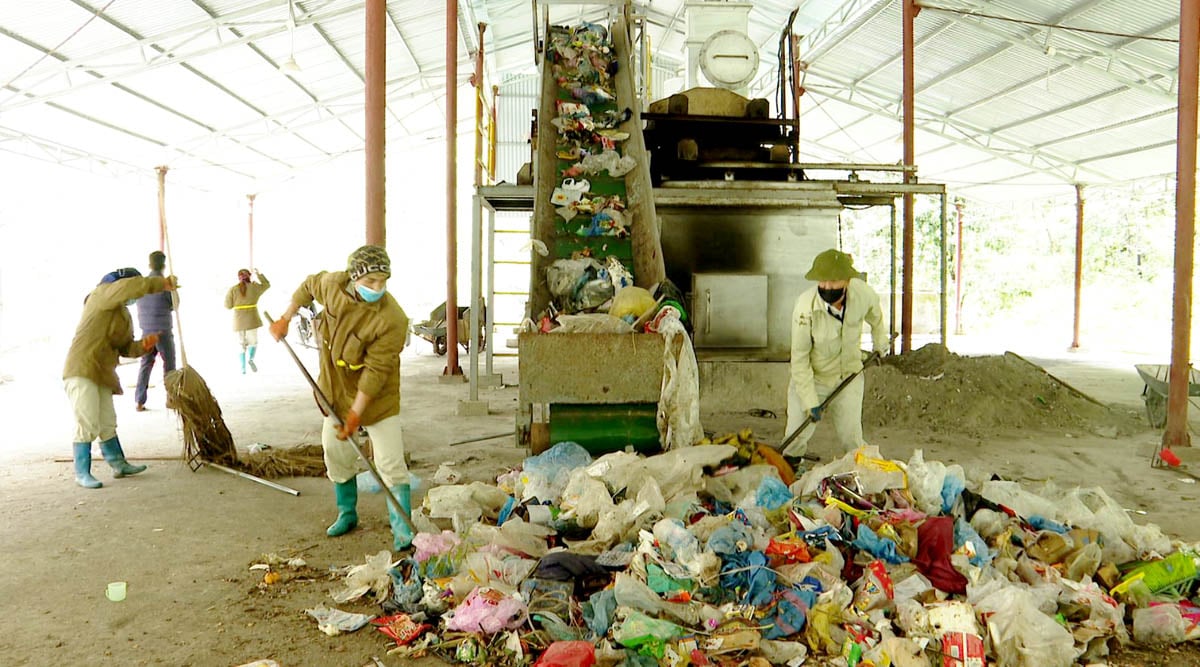 |
| To date, the province has 11 domestic waste incinerators, 7 sanitary landfills and 24 temporary waste transfer points operating stably. In the photo: Workers are processing waste at the Pho Bang town waste treatment plant (Dong Van). |
Xuan Giang Commune (Quang Binh) is one of the bright spots in rural waste treatment. Previously, every afternoon, the central area of the commune was often flooded with uncollected household waste, causing serious unsanitary conditions. However, since the State invested in building a waste treatment plant with an incinerator capacity of about 6 tons/day, this problem has been basically solved. Ms. Hoang Thi Van, Chang village, Xuan Giang commune shared: "Before, in the afternoon, the garbage smelled bad and there were a lot of flies and mosquitoes. Now it is much cleaner, there are trucks coming to collect it regularly, everyone in the village is happy."
Mr. Hoang Van Cuong, an officer of the Quang Binh District Public Service and Environment Center, said: “Since the incinerator has been put into operation, the amount of household waste has been thoroughly treated, and people no longer dump waste indiscriminately as before. The Center has arranged human resources and vehicles to collect waste periodically to ensure environmental protection.”
Along with technical infrastructure, propaganda and awareness raising for people are always identified as key factors. In 2024, the whole province organized over 250 community communication sessions on environmental protection, published over 30,000 leaflets and propaganda documents, developed and broadcast 52 television and radio programs with environmental topics. Movements such as "Green Sunday", "Self-managed women's road", "Garbage-free hamlets and villages" were widely deployed, attracting positive responses from union members, union members and people, contributing to the formation of a civilized lifestyle, responsible for the environment.
In addition, many creative models and methods have been promoted. Many villages and hamlets have established village covenants and conventions on environmental protection, encouraging people to classify waste at source, dispose of waste in designated places, and not litter in canals, rivers and streams. To create motivation to promote rural environmental protection, in recent times, the Provincial People's Committee has issued many practical support policies: Investing in more than 50 specialized waste collection vehicles for districts; supporting the construction of 5 waste treatment points at the commune level; distributing over 10,000 classified waste bins to households in key areas. At the same time, encouraging socialization and mobilizing resources from people and businesses to participate.
It can be said that to improve the efficiency of domestic waste treatment in rural areas, it is necessary to have a synchronous combination of infrastructure investment, scientific collection organization, extensive propaganda and promoting the role of the people. When public awareness is raised, along with the active participation of the government, the work of protecting the rural environment will truly go into depth, be sustainable and bring long-term effectiveness.
Article and photos: Hong Cu
Source: https://baohagiang.vn/xa-hoi/202504/chuyen-bien-tich-cuc-trong-xu-ly-rac-thai-sinh-hoat-khu-vuc-nong-thon-b113538/


![[Photo] National Assembly Chairman Tran Thanh Man attends the Party Congress of the Committee for Culture and Social Affairs](https://vphoto.vietnam.vn/thumb/1200x675/vietnam/resource/IMAGE/2025/5/11/f5ed02beb9404bca998a08b34ef255a6)
![[Photo] Prime Minister Pham Minh Chinh chairs the fourth meeting of the Steering Committee for Eliminating Temporary and Dilapidated Houses](https://vphoto.vietnam.vn/thumb/1200x675/vietnam/resource/IMAGE/2025/5/11/e64c18fd03984747ba213053c9bf5c5a)
![[Photo] National Assembly Chairman works with leaders of Can Tho city, Hau Giang and Soc Trang provinces](https://vphoto.vietnam.vn/thumb/1200x675/vietnam/resource/IMAGE/2025/5/11/c40b0aead4bd43c8ba1f48d2de40720e)
![[Photo] The moment Harry Kane lifted the Bundesliga trophy for the first time](https://vphoto.vietnam.vn/thumb/1200x675/vietnam/resource/IMAGE/2025/5/11/68e4a433c079457b9e84dd4b9fa694fe)
![[Photo] Discover the beautiful scenery of Wulingyuan in Zhangjiajie, China](https://vphoto.vietnam.vn/thumb/1200x675/vietnam/resource/IMAGE/2025/5/11/1207318fb0b0467fb0f5ea4869da5517)

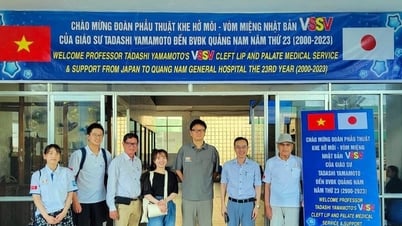
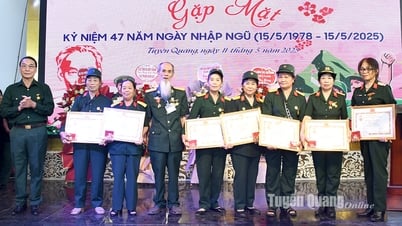
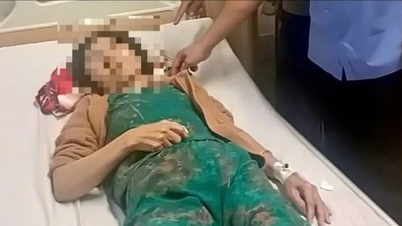
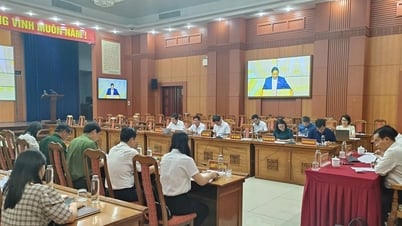
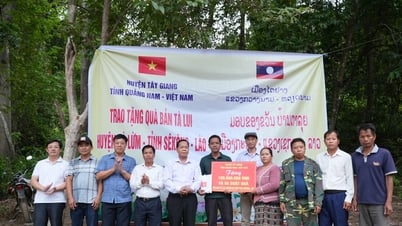
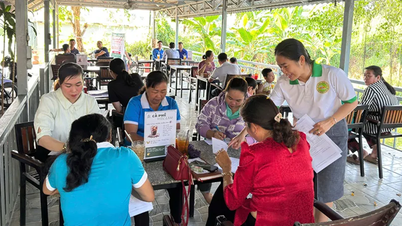




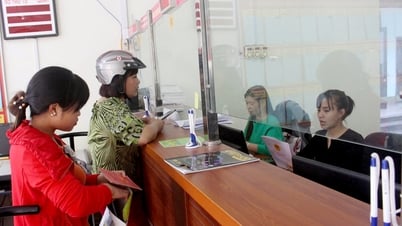
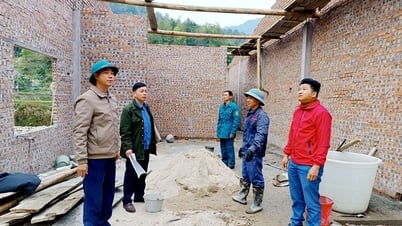



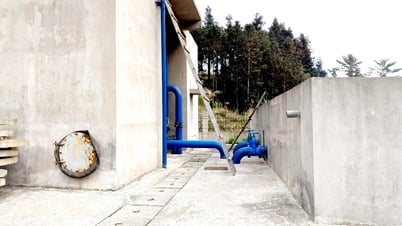














































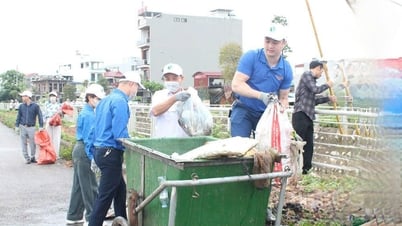

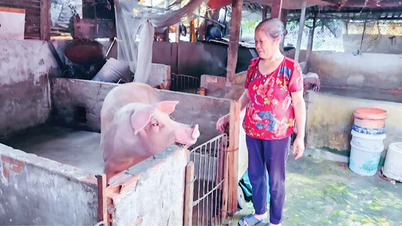




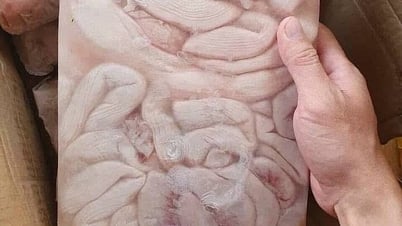

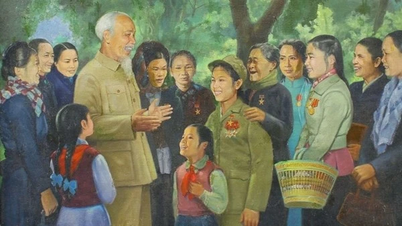











Comment (0)